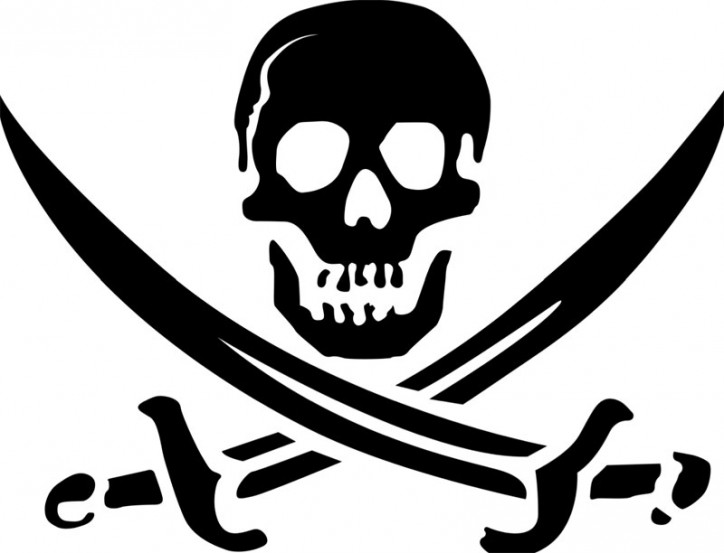This comes as the International Maritime Organisation (IMO), and Marine Environment Protection Committee (MEPC), approved a revised implementation scheme for ships relating to the Ballast Water Management Convention, allowing for a two-year delay of compliance for existing ships.

IMO accepts delay of ballast water compliance scheme
The rate of maritime piracy has assumed a downward trend on the Gulf of Guinea recording the lowest levels in five years. However, it is not fully cheery news for Nigeria, as recent report by the International Maritime Bureau (IMB) rated the incidence higher in the country during the first half (H1) of the year.
Reduction in the spate of piracy would ensure smooth and safe movement of cargo across countries, boost international trade, and increase the contribution of the blue economy to national growth.
Reporting 87 piracy incidents across board during the period, IMB said: “Pirates in Nigeria continued to dominate when it comes to reports of kidnappings. So far, this year they have been responsible for the abduction of 31 crew members in five reported incidents. The numbers include 14 crew members taken from two separate vessels in the second quarter of the year. Violence against crews continues with half of all reports of vessels being fired upon coming from Nigeria.”
But the Minister of Defence, Mansur Dan-Ali, had earlier declared that pirate attacks in the coast of Nigeria had reduced significantly, claiming that only four successful attacks were recorded out of 16 of such attempted attacks during the period.
He said: “The combination of infrastructure development programmes, engagements with local communities, sustenance of the Amnesty Programme for repentant ex-militants, and improved maritime policing activities have proved effective in stemming the tide of insecurity around the coast of Nigeria.”
According to the report, the H1 2017 saw a total of 87 incidents reported to the IMB Piracy Reporting Centre, compared with 97 for the same period last year, indicating continuing decline in the number of reported incidents of maritime piracy and armed robbery against ships.
Recording some of the lowest figures seen in the last five-year period, the latest piracy report showed that in the first six-months of 2017, 63 vessels were boarded, 12 fired upon, four were hijacked, and attacks were attempted on another eight vessels.
“A total of 63 crew have been taken hostage so far, this year while 41 have been kidnapped from their vessels, three injured and two killed,” it stated.However, the report noted that Somali pirates have remained a threat to merchant ships, with IMB noting that the encouraging downward trend was however marred by the hijacking of a small Thai product tanker en route from Singapore to Songkhla, Thailand.
Under the new Ballast Water Management Convention scheme, ships constructed before the Convention’s became effective on September 8, will be allowed a two-year delay of compliance depending on their MARPOL IOPP renewal survey schedule.The review means that if the survey is not completed, then compliance with the D-2 standard is required at the second renewal survey after September 8.
For existing ships, which are not subject to the MARPOL IOPP renewal survey, compliance with the D-2 standard is required as of September 8, 2024, while ships constructed after September 8, 2017 are obliged to comply with the Convention once delivered from the yard.
Source: The Guardian